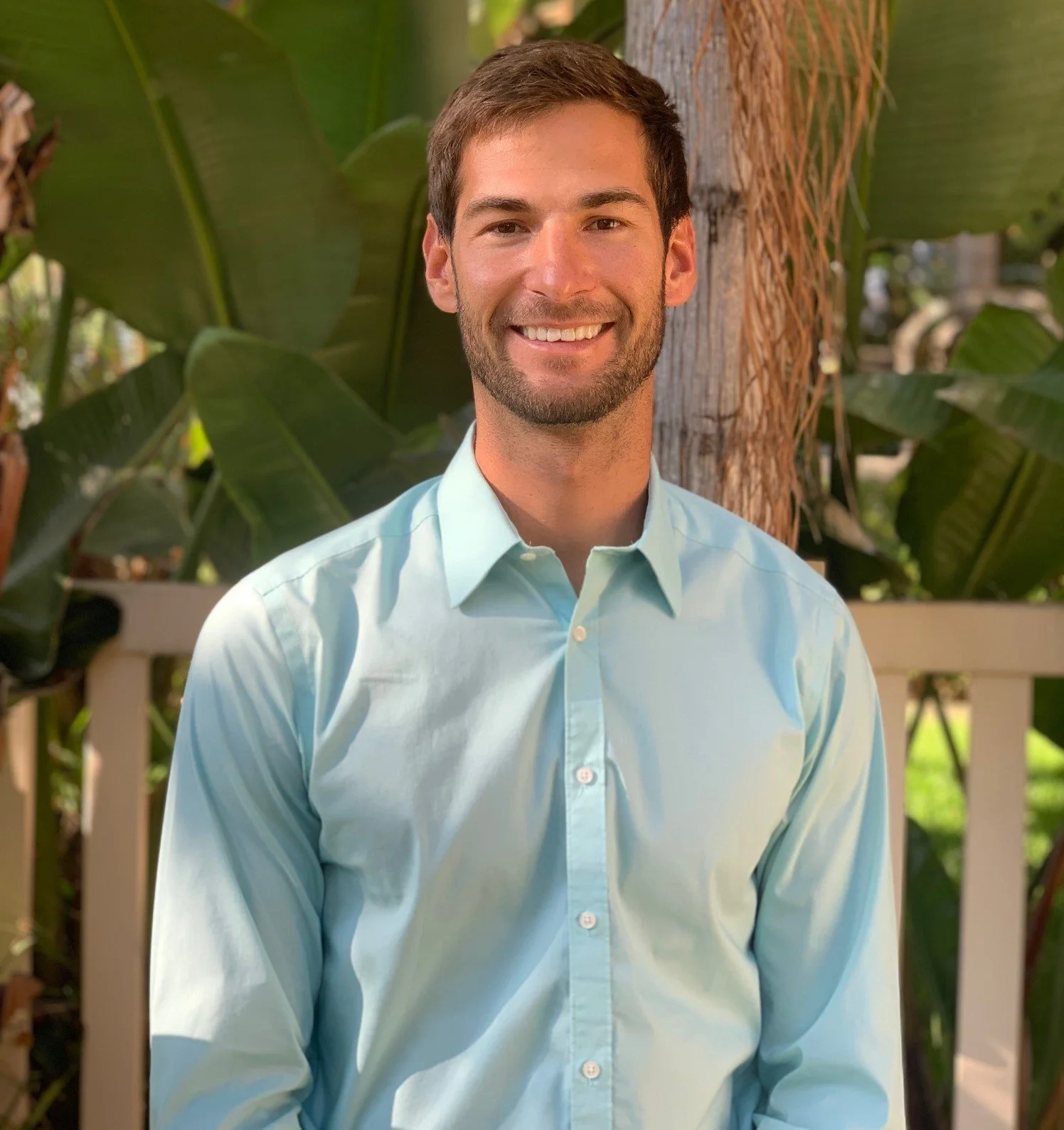Is Renting Really a Waste of Money?
Most of us have been programmed to think buying is the only way to go and that renting is a waste of money. What if that’s not always the case?
Sometimes renting can make more sense depending on your situation or where you live. It can provide physical and emotional freedom and other opportunities to invest money in other ways.
If you’ve ever battled the self-created pressure that you’re “throwing money away” renting, keep reading to see how valuable renting can be for the right person.
The Physical Freedom of Renting
If you’ve ever talked to someone who owns their home, you have seen the finality a mortgage causes. It’s not easy to just pick up and move whenever you want or have flexibility for sudden life changes. Further, taking sabbaticals and long trips is more complicated when you have a fixed mortgage to pay.
Maybe you want to travel often or just don’t want the commitment of keeping up a home because home ownership can be a lot of work. Renting can provide that freedom.
When you rent, you aren’t responsible for home maintenance, repairs, property taxes or insurance. You’ll need renter’s insurance to protect your own belongings, but it’s a fraction of the cost of homeowner’s insurance.
The Emotional Freedom of Renting
Sometimes the freedom of renting isn’t just financial - it’s emotional too. You can jump at spontaneous opportunities or move more easily without the financial pressure to make a mortgage payment. Coming home to a place you own can be a great feeling, but it can also feel like coming home to a long “to do” list you can’t escape from if you let ignored repairs and home projects build up.
When you buy, you have to list your house for sale, find the right buyer, go through the escrow process, and pay a whole host of closing costs. It can take months and cost thousands of dollars, which obviously isn’t in anyone’s financial interest to do too often.
While you can move when you own a home, you can’t do it nearly as often as you could if you rented. If you’re more of a ‘free bird’ and haven’t decided where you want to settle down yet, renting can provide the flexibility you desire.
The Financial Aspect of Renting vs Buying
Here’s where most people get caught up. They act like buying a house is the only way to invest their money and build net worth.
That’s false.
If you’ve ever read the book “Rich Dad, Poor Dad”, Robert Kiyosaki (author) considers owning a home that you actually live in to be a “liability”, not an investment, as the costs incurred often outweigh the financial return. Exceptions can apply if you do a “house hack” or live in a real estate market where prices are appreciating significantly, but it’s often not wise to try and predict or plan around that assumption. Maybe your neighbors home doubled in value over 10 years but when you factor the “all in” cost of home ownership in it may not be as sexy as it seems. There are numerous other ways to invest your money and make it grow (with less headache!). While it’s true that real estate is a great hedge against inflation, you can still tap into real estate investments (real estate investment trusts or mutual funds) to get real estate exposure without the large commitment of owning physical property.
Further, for expensive markets (like San Diego where I live), renting can make financial sense simply because owning a home is cost prohibitive for so many who live here. Perhaps you could buy a home, but how tight would your monthly finances be? What other goals/opportunities would you push back or forego completely in the process? Assessing “how much house” you can afford without derailing other priorities is a delicate but significantly important balance. A home is the biggest purchase you’ll ever make and the window before buying a home is one of the hands down best times to consult a financial planner.
The key in determining if renting is better than buying financially is to look at the big picture. It’s more than the mortgage payment, which many people get stuck on - it’s about the total cash outlay necessary not only to buy the home, but to own it ongoing.
The Upfront Costs of Buying a Home
When you buy a home, you need a down payment (which can range from 3.5% - 20% of the home price). This is your upfront investment in the property. Remember, this is money you tie up into the home for at least a few years. To get it back you’d need to sell the home or access it at some point in the future through a home equity line of credit (if your property’s value appreciates enough), but overall, it’s tied up.
You’ll also need money to close on the loan. The average closing costs can be 3% - 5% of the loan amount. You could be looking at investing at least 10% or up to 25% of the purchase price upfront. Also, repairs or upgrades may be needed once you move in and the home will need to be furnished.
The Annual Costs of Owning a Home
Next, there are typical annual costs of owning a home. There’s the mortgage payment which you probably already thought about, but there's more.
Property Taxes - These vary by location but the nationwide average is about 1.1% of the homes’ value.
Home Insurance - The average homeowner pays $1,200 - $1,500 per year plus the deductible should they make a claim.
Home Maintenance - The average homeowner pays 1% of the home’s value annually in home maintenance (a rule of thumb).
Homeowner’s Association - The average HOA fees for homes & condos (that they apply to) is $200-$300/month on average, but can vary quite a bit.
Unexpected Repairs and Emergencies - This obviously varies but can be several thousand dollars a year.
Out of all these costs, the “principal” portion of your mortgage payment is the only part of this where you “pay yourself back” (and of course, growth in the value of your home over time which isn’t always predictable).
The Cost of Renting
Now let’s compare this to the upfront and annual cost of renting. Upfront you pay a refundable security deposit. Ongoing you pay rent and if you choose, renter’s insurance ($20-$30/month). That’s it. Simplicity can be a very valuable thing in this increasingly complex world.
The most important differences are not just the large down payment you’d make up front, but how your monthly expenses transform for years to come when comparing the rent you pay now compared to the “all in” cost of homeownership. If you have somewhere else to invest all that money, somewhere more liquid or with a similar return, you can have your cake and eat it too, so to speak.
You can earn great returns on your money, increase your net worth, yet have the emotional and physical flexibility of moving as often as you want (after the lease expires) while potentially paying less “all in” for housing costs in the process.
Final Thoughts
It can be a big decision deciding if you should buy or rent and it’s not one to take lightly. Looking at the big picture financially AND emotionally is important.
If you need help deciding which option best suits your financial situation, schedule a free 30 minute introductory call with me here. Together we’ll look at both scenarios and help you determine what’s possible and appropriate for you. I’m here to help you reach your financial goals so you can live the life you want.
Jonathan Grannick, CFP®
Wonder Wealth LLC
San Diego Financial Advisor | Fee-only Fiduciary
Disclosure:
None of the information provided is intended as investment, tax, accounting or legal advice, as an offer or solicitation of an offer to buy or sell, or as an endorsement, of any company, security, fund, or other securities or non-securities offering. The information should not be relied upon for purposes of transacting securities or other investments. Your use of the information is at your sole risk. The content is provided ‘as is’ and without warranties, either expressed or implied. Wonder Wealth LLC does not promise or guarantee any income or particular result from your use of the information contained herein.



